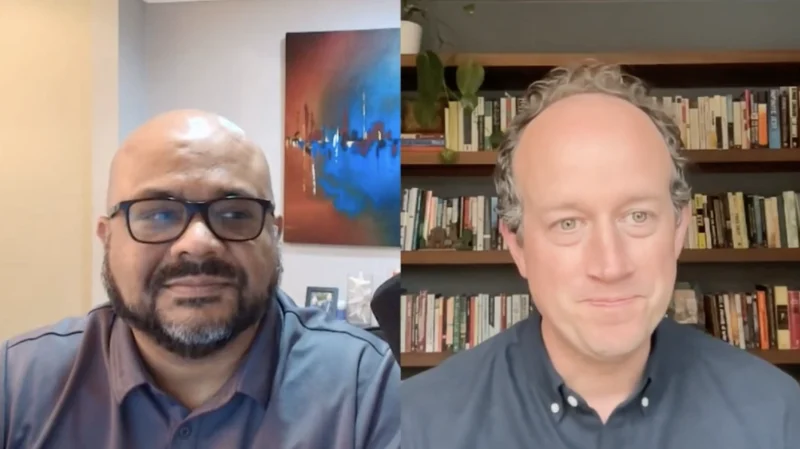Agility and Proactive Risk Management Strategies Are Key for Organizations to Stay Ahead of Emerging Risks
Climate change and shifting political dynamics are forcing businesses to rethink their risk management strategies. Severe storms are becoming more frequent, and the 2024 election cycle is expected to introduce new challenges. Staying resilient requires companies to adopt a proactive and agile approach to addressing emerging risks.
How can organizations ensure they are prepared to handle these increasing challenges?
Sean McDevitt, the Director of Product Marketing at Everbridge explains the critical need for agility and proactive measures. He stresses the importance of moving beyond reactive responses and focusing on real-time risk management strategies to maintain efficiency in uncertain times.
“A lot of organizations have historically been very reactive in how they responded to these things, which means that we’re already too late. We’re going to be moving away from our operational efficiency. So, being as proactive as possible is going to be the key and I think being able to rely on a partner that is already vetting a lot of the risk intel on your behalf, making sure that it’s real before you ever have to take action, makes sure that organizations can concentrate on what’s actually impacting them versus what’s the noise that’s in the space and what’s happening out there,” McDevitt said.
Article written by Sonia Gossai




